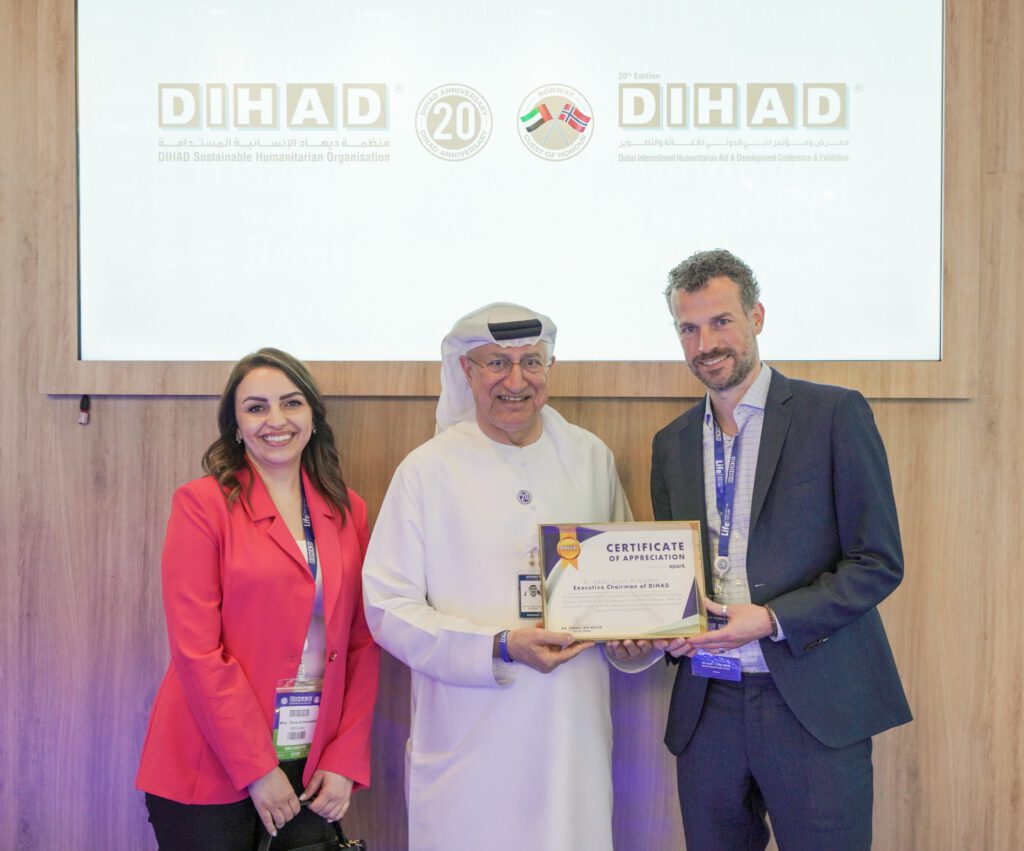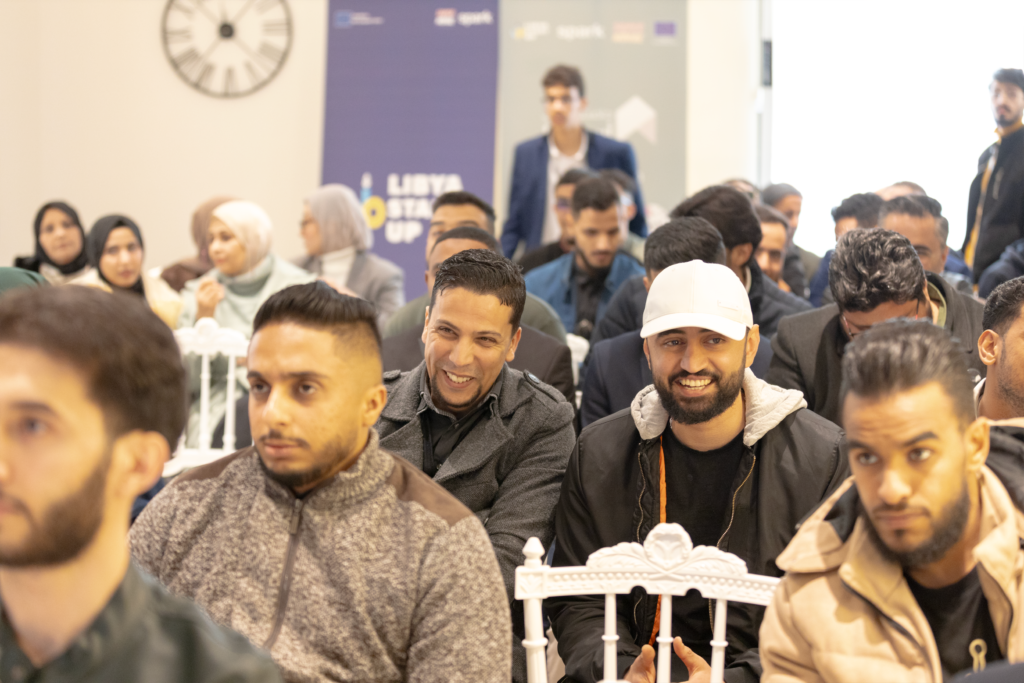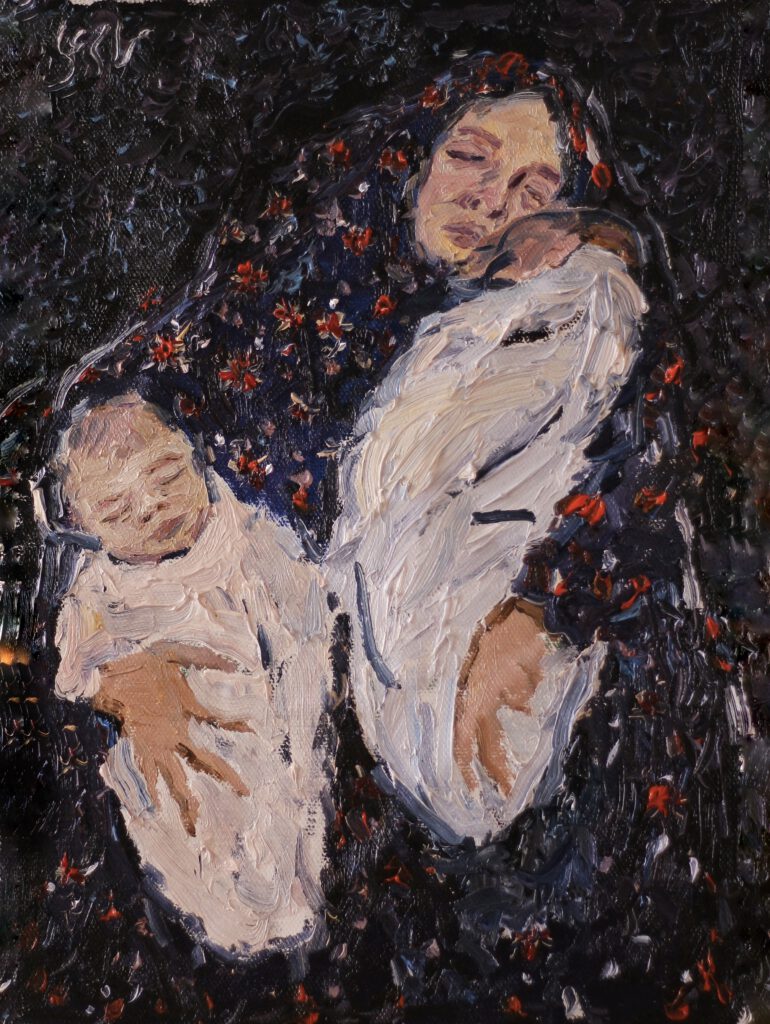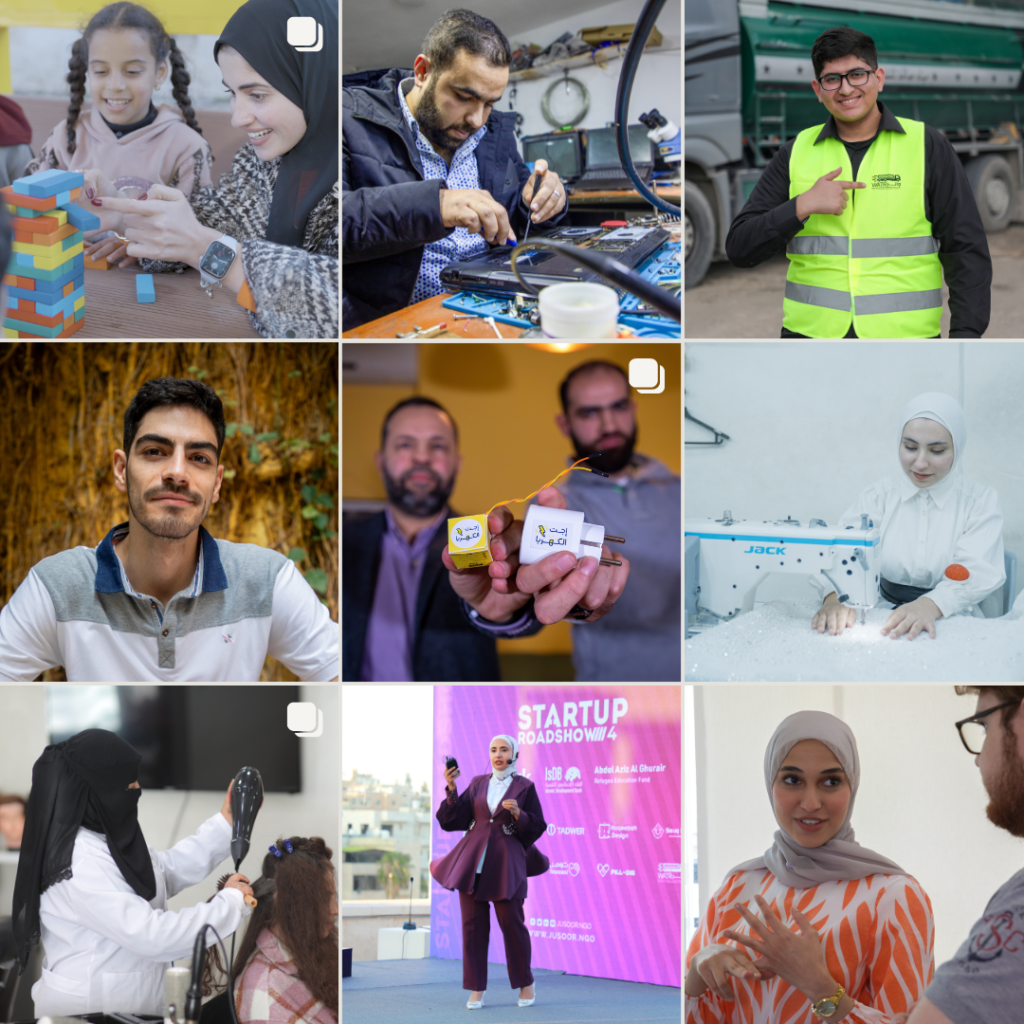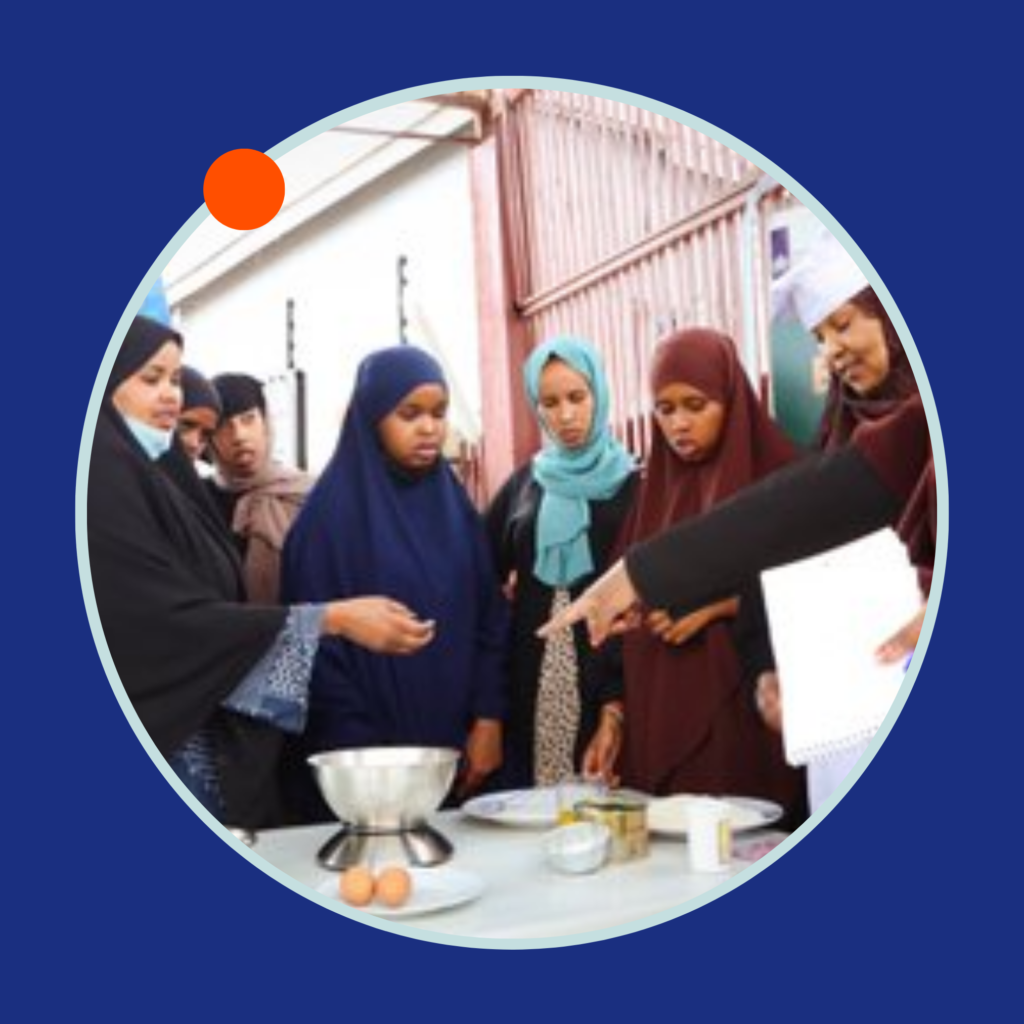In Gaza and the West Bank, personal commitment boosts entrepreneurship

©2019 Tom Nicholson. 20/06/2019. West Bank, Palestine.
Celebrating 25 Years of SPARK
“Back in 2008, no one was engaged with entrepreneurship in the Palestinian universities”, recalls Ibrahim Kteish. At the time, Kteish was working at Birzeit University in the West Bank and trying to start a new business incubator centre.
SPARK (then known as Academic Training Association) had been developing and running business incubators in the Balkans for a number of years and invited Kteish to attend a conference in Kragujevac, Serbia, discussing business incubation in fragile or conflict affected regions. Taking in the knowledge received in the Balkans, Kteish set forth with a mission to bring entrepreneurship to the mainstream in Palestine.
Having suffered decades of restrictions on movement and goods, economies were drying up and youth in the West Bank were facing joblessness. Kteish thought that if students gained the necessary soft skills to manage a business, they could create their own employment opportunities, serving the direct needs of the local markets.
Young Gazans (then and now) face even fewer options after graduation than Palestinans in the West Bank. With draconian restrictions on movement and electricity only available for four to six hours per day, there are very few jobs. As a result, youth try to aim as (traditionally) high as possible, studying law, medicine and engineering. However, Gaza’s four engineering schools produce over 800 graduates every year, into a market that only requires around 50.
Business incubation for students
After Kteish returned to the West Bank, he, SPARK and local organisations joined forces to help broaden the network. Together they promoted the need for business development services for students within Palestinian universities in the West Bank.

Palestine and beyond
Palestine was SPARK’s first foray into the Middle East. Since setting up the first office in Ramallah, more than 7000 aspiring entrepreneurs have participated in trainings and received startup support in Palestine. The original local partner organisations that help found the first projects, such as the Business Women Forum, have gone on to become self sufficient, market-leading entities, exceeding the services offered by SPARK.
Today, entrepreneurship is a real alternative for combating the 70% unemployment rate in Palestine. The lessons SPARK has learnt by doing business in Palestine have informed other entrepreneurship and higher (vocational) education programmes across the Middle East, especially with the Syrian crisis exacerbating unemployment rates in one of the world’s toughest employment climates. SPARK’s work with local partners continues to help youth to bridge the gap between graduation and employment.
“We offered different skills to students, other than technical skills, so they would start thinking about problems they want to solve, how to manage a business, being an effective communicator and so on”.
Meanwhile, in Gaza, Mohammed Skaik was working in the Business and Technology Incubator. When Skaik first met SPARK, they decided to launch a business competition for Gazan youth to help raise the profile of entrepreneurship as a viable career path.
The first business competition received 60 applicants, whereas the competition 5 years later already counted overwhelming 3000 applicants! The community was becoming more aware of the importance of entrepreneurship in creating jobs in such a closed society. Women too were seeing the benefits of starting their own companies, rather than entering the male-dominated workplaces.
Women in business
SPARK partnered with Business Women Forum, a local organisation only for female entrepreneurs. Amal Aljoj, a 30-year-old Gazan, was one of the successful participants. She created a colourful, fun board came, which provides innovative and non-formal ways of supporting children’s language acquisition. “I was teaching English to children and I realised that the difficulty for kids in learning language leads to resentment”.

In 2011, she graduated from the Faculty of Education at Al-Quds University and went on to join SPARK’s Business Startup Incubators Support (BSIS) programme. Her business idea and marketing strategies were developed by trainers, and she later participated in the Business Woman Forum business competition and won! Amal used the startup capital, as well as some of her own, to produce the first prototype of her game. Now, her game is selling in 8 locations in Gaza and the West Bank and is used to teach English in Gazan schools.
This network would become a Business Incubator Centre. It would be a space where youth could connect with organisations, private sector and other students, as well as be confronted with different ways of thinking and new skills. While universities in the West Bank had facilities, they lacked the capacity or resources to start such a venture. The Business Incubator Centre had the capacity and networks but just needed infrastructure, so the partnership began.
Related news
-
![]() News
NewsExploring careers and creativity: Ranya’s vibrant youth festival
-
![]() News
NewsNew Riyada Programme boosts services for Palestinian startups and Small and Medium-sized Enterprises(SMEs)
SPARK and the Arab Fund for Economic and Social Development have united to launch the Riyada Programme, a pivotal initiative…
-
![]() Event
EventIGNITE Istanbul Conference Addresses Building Economic Resilience for Youth in Türkiye and Jordan
Istanbul, Friday 17 May. The IGNITE Istanbul conference took place on Thursday 16th May in Istanbul, organized by SPARK, in…
-
![]() News
NewsPalestine Launchpad with Google is reactivated to support Palestinian youth and tech ecosystem
The Palestine Launchpad with Google programme launches its second cohort once again, offering Palestinian youth fully funded nanodegrees focused on…
-
![]() News
NewsDIHAD Conference: SPARK CEO advocates for inclusion of youth and early economic resilience building in crisis
-
![]() News
NewsAddressing skills mismatch in Jordan’s labour market through entrepreneurship education
Through the Economic Resilience programme, SPARK collaborates with three Jordanian universities to develop entrepreneurship curricula and train educators. Over 30…
-
![]() News
NewsIncubating businesses in Benghazi: New startup support builds Libyan entrepreneurship ecosystem
-
![]() Event
EventSTEP programme opens Asal Bazaar for MSMEs, supporting access to new markets
On March 1st and 2nd, 2024, SPARK and Sarh Group unveiled the Asal Bazaar at Mecca Mall, Amman, Jordan, in…
-
![]() Event
EventInternational Women’s Day: Invest in Women
-
![]()
Women’s Day: The disproportionate impact of Gaza war on women
-
![]()
The Skills Training and Education Programme: Supporting youth to have economic impact in Lebanon and Jordan
-
![]()
Driving Innovation in MENA: Highlights from the 2nd Regional Stakeholders Event
-
![]()
Impact Report: Positive increase in youth and women employment, reduction in desire to migrate





